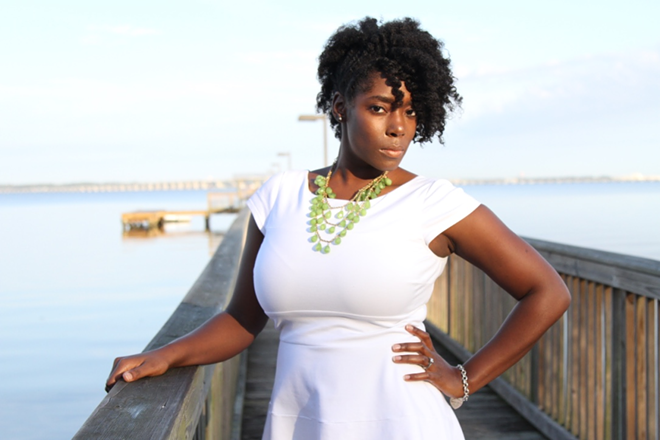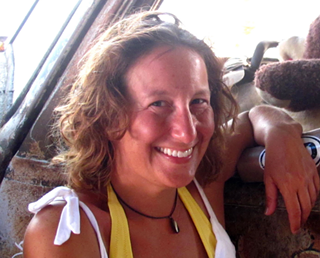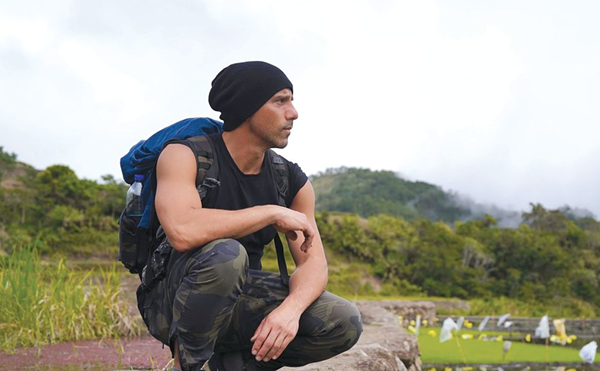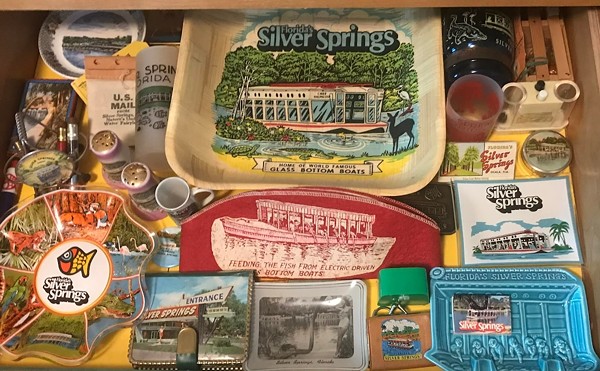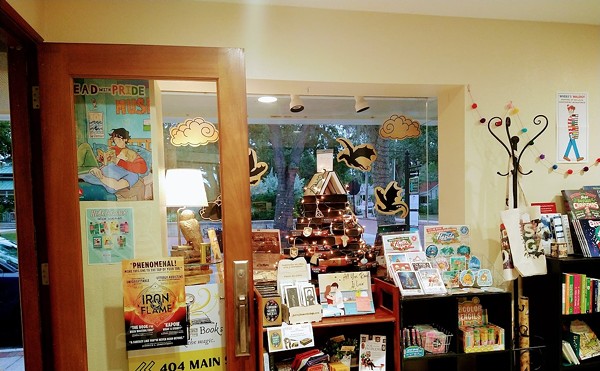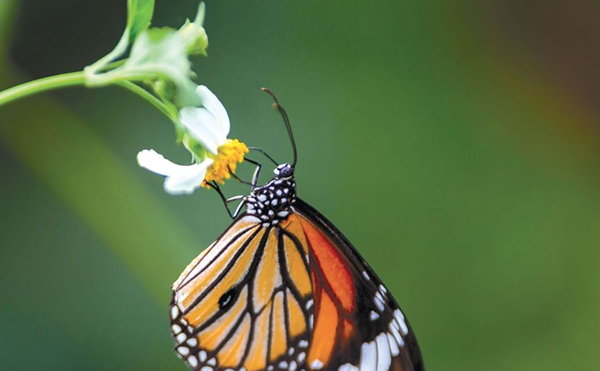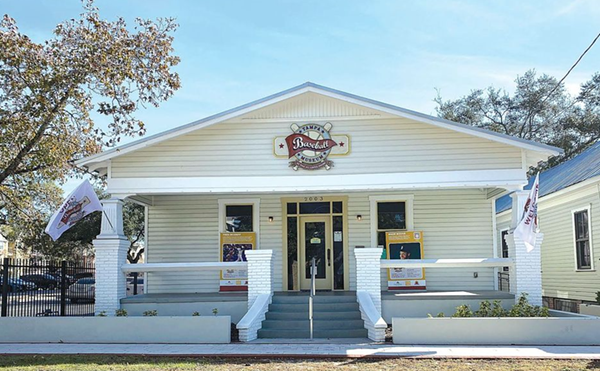Yesterday we published our review of Nikesha Elise Williams' Four Women. The book left us with some questions, so we asked Williams — and she answered. Here's what she had to say, and she's every bit as fascinating as her book might lead you to suspect.
What inspired Four Women?
Four Women was inspired by a lot of different things. It came from the simplicity that the title is Four Women and the story is about four women. It was mostly inspired by what I was dealing with at work and processing those feelings. The Trayvon Martin case, the Jordan case. As a news producer I worked and produced newscasts and coverage during those cases from 2012 when both boys were shot through both of their trials. When I started writing I was just telling a story but once I got 18 chapters in I knew those issues were going to come up with stand your ground, and talking about self defense, but also talking about black women and our issues because I am a black woman so that's what I know, but as a black woman I feel like issues that we have which could be the same as any other woman in the world, are dismissed because we're black and perceived to be strong, so I wanted to put us in the forefront of every part of the story I could. The protagonist, the antagonist, the suspect, the victim, the media. I wanted my characters to inhabit all of those spaces. So that the reader knows these four women and their lives and makes strong attachments to them.
How, if it all, did the Nina Simone song factor into the title or plot?
I have loved the Nina Simone song "Four Women" since I was like 8. The title is an obvious nod, and then when you get into the characters their descriptions are riffed from the song, Dawn is black, Ebony is brown, Soleil is yellow, and Johnnie is tan. Dawn is strong, Ebony "kills the first mother ... she sees" so the song played a big role in the crafting of the characters and their moods and mannerisms through my own interpretation of it and what I needed for the story.
On the book cover, you ask if the black woman is still the mule of the world. That's... powerful and disturbing imagery. Could you please educate people as to what that means and the history of that notion?
That's actually a Zora Neale Hurston quote from Their Eyes Were Watching God. It basically means in this world black women are at the bottom of the totem pole, or we're the workhorses that hold everyone up and everyone together but we don't get any love, respect, or even a thank you for that work.
What is the most challenging aspect to living your life as a black woman in Jacksonville?
Challenges are being misunderstood and pre-judged before people even know me. I'm aware that I have a strong presence and energy but people often see it as mean or negative when that's probably the furthest thing from the truth. So I've learned in my experience to be extra sweet, and polite, and to qualify my opinions, or not state them at all unless explicitly asked in an effort to be non-threatening and accommodating.
How would Soleil's story have been different if she were a white woman?
Soleil is a difficult character. I wanted the reader to feel for her and really empathize with her, but at the same time I wanted it to seem like she was complicit in her abuse. Not that she wanted to be abused but for the question to be raised, as it is toward the end of the book "why did she stay?" That was a viral social media campaign at the time of the writing so I wanted to include that. I'm not sure her story would have been different if she were white. Domestic abuse is domestic abuse no matter what race you are. I think there may be more sympathy for white women survivors of domestic abuse, and perhaps in the black community it is not discussed, but I'm not sure anything about her experience or relationship would have been different. She had to decide to leave, to get help, just as any survivor of domestic abuse will have to, white black or otherwise.
At the end of the book, your notes hint at a sequel. When can we expect that?
My gut tells me this summer. It's finished but I'm in the editing process and that takes as long as it takes.
Just for fun: You can hijack anyone's Twitter account for three tweets. Whose account do you jack and what do you tweet?
I take over Donald Trump's twitter account and I tweet, "I resign. Effectively Immediately. This is not a joke."
And then I delete the account.
Visit her website, or follow her on Twitter, Facebook, Instagram, Google+ or contact her on good old-fashioned email.

